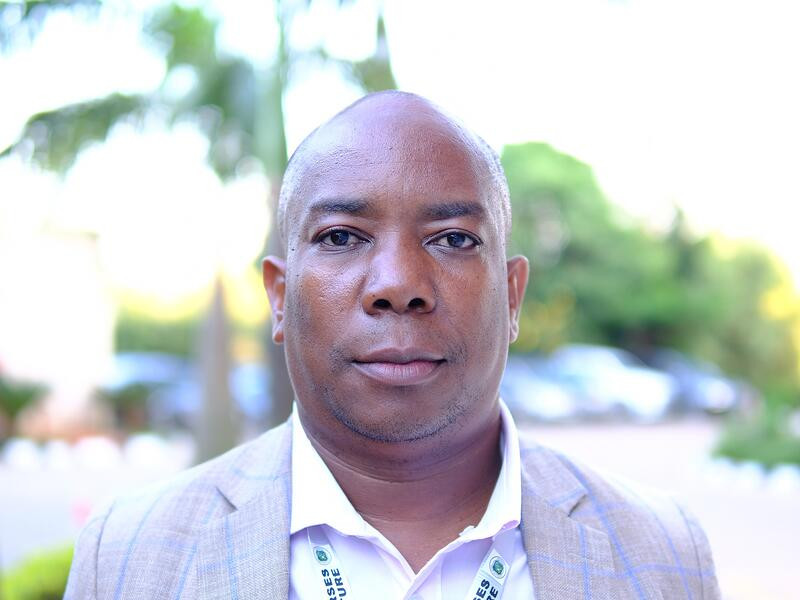
THE Zimbabwe Nurses Association (ZINA) has bemoaned poor salaries and working conditions in the public health sector after a tour of hospitals revealed alarming levels of disgruntlement among nurses.
The association recently conducted a tour of several hospitals and clinics in the Midlands region, including Kwekwe General Hospital, Mbizo 11 Clinic, Mvuma District Hospital, Muonde Mission Hospital, Zvishavane District Hospital, Mberengwa District Hospital, and Mnene Mission Hospital.
The visit was aimed at discussing the numerous challenges currently facing nurses in Zimbabwe’s healthcare system.
ZINA president Enock Dongo told NewsDay that the February salaries were ‘shockingly low and insufficient’ to meet even the basic needs of healthcare professionals.
“The nurses have gone back to the salaries that they were earning in October. In February they only received between US$220 to US$250 allowance and their ZiG was between ZiG4000 and ZiG7000 considering the black market rate that is not enough, that’s just US$100,” Dongo said.
“The nurses, already grappling with financial challenges, are working under extreme conditions that only compound their frustrations. Many are struggling to cover transportation costs, and some have had to make difficult decisions regarding basic daily expenses due to the meagre pay,” he added.
He said the crisis is even worse in rural hospitals, where many of these facilities do not have security guards or mortuary attendants, forcing nurses to take on additional duties outside their professional responsibilities.
“Some nurses in rural areas are also struggling to secure accommodation, as they are not provided with housing, the facilities don’t have and are forced to use their meagre salaries to rent places to stay,” he said.
- Measles outbreak looms in schools
- Hospitals face acute staff shortage
- Crisis in health sector deepens
- Nurses say region’s health facilities neglected
Keep Reading
Dongo said the situation was unsustainable and was pushing nurses to the brink, with many considering leaving the profession altogether.
“We noted that the country’s healthcare system is facing chronic shortages of both equipment, medical sanitaries, absolute buildings, shortage of staff, leading to overwhelming pressure on the remaining workforce.
“Despite the fact that the nurses are in demand and there are so many opportunities, the already suffering nurses who are short-staffed in the hospitals also face a challenge of lack of resources. The environment that they are working in is not conducive, which demotivates them further and this has caused more frustration to the nurses.
“Nurses are reporting for duty without the necessary resources to properly care for patients, and overcrowded hospitals are making it difficult to maintain quality healthcare services. The physical and emotional toll on healthcare workers is growing, and this could lead to further burnout and exodus of skilled professionals,” Dongo said.
He said there was an urgent need for the government to address these issues, noting that a growing number of nurses are fleeing Zimbabwe in search of better opportunities abroad.
“Nurses are leaving for greener pastures due to the poor pay and appalling working conditions. The exodus may accelerate, and unless the government acts quickly, we are in danger of losing even more of our skilled healthcare workers,” he said.
“The deteriorating situation in the health sector has left hospitals struggling to cope with increasing demands. The shortage of healthcare workers and resources has only exacerbated the crisis, and patients are often left without adequate care. Government should prioritise the health sector by improving salaries, providing better working conditions, and increasing investment in healthcare resources.”










